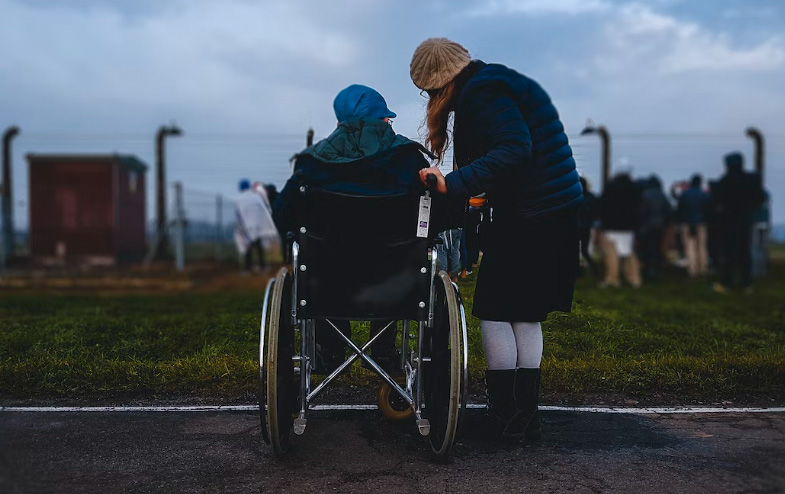
When a person is near the end of their life, focusing on social wellness is essential. Hospice uses social workers, chaplains, and volunteers to provide quality of life. Social health is about maintaining positive social relationships and interactions. Supportive relationships with family and friends to those on hospice services may not always be an option. Hospice links families with skills and community resources to improve socialization.
5 Ways Hospice Care Can Help To Improve Social Wellness
Here are ways hospice care can help improve social wellness:
- By Providing a Supportive Environment for Patients and Their Families. Hospice care can help improve social wellness in several ways. By providing a supportive environment for patients and their families, hospice can help reduce stress and anxiety levels. In addition, hospice provides opportunities for patients to interact with others facing similar challenges. This can help patients feel less isolated and more connected to others. Some hospice agencies provide support groups for family members to connect with others going through similar circumstances. Finally, hospice care can offer respite care, giving caregivers a much-needed break from the demands of caring for a sick loved one.
- By Providing a Sense of Social Support and Community. Social support is essential for both the patient and their family. When someone is diagnosed with a terminal illness, it can be a very isolating experience. Hospice care can help provide a sense of community for the patient and their family. Hospice care teams include doctors, nurses, certified nurse assistants, social workers, chaplains, and volunteers. These team members support and guide the patient and their family with empathy and compassion.
- By Offering a Variety of Social Activities. Hospice helps improve social wellness by offering a variety of social activities. These activities can give patients and their families opportunities to connect with others facing similar life-limiting illnesses.
- By Educating Patients and Their Families About Coping With Serious Illness. Hospice educate patients and their families to cope with a serious illnesses. The hospice team provides information about what to expect as the illness progresses and helps the family prepare for the end of life. In addition, hospice care also includes support after the death of a loved one, including grief counseling and bereavement services. It provides a wide range of services to meet the patient’s and family’s physical, emotional, social, and spiritual needs.
- By Providing Respite Care for Caregivers. When a family caregiver needs a break from their caregiving duties, respite provides much-needed relief. Respite care is temporary care provided to the patient to provide a break to the caregiver. Respite provides time for the caregiver to reassess and regroup to prevent caregiver burnout. When a caregiver feels overwhelmed, hospice steps in providing care for the patient and giving the caregiver a much-needed break. Respite allows the caregiver to recharge feeling refreshed, leading to improved social wellness.
Conclusion
By improving social wellness, hospice care providers can improve their patient’s and their family’s quality of life. Social health can help to reduce stress, anxiety, and depression. Additionally, social wellness can improve communication and relationships.
Contact The Best Hospice Care in Atlanta, GA
Are you searching for the best hospice care in Atlanta, GA? Golden Rule Hospice is here to assist you. We are committed to respecting the autonomy and preferences of patients and caregivers. Contact us at (470) 395-6567 for more details.







